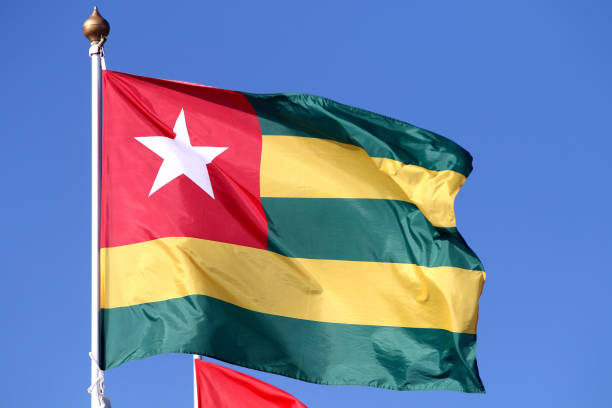A parliamentary reform voted by the assembly
This transformation stems from a constitutional reform passed by the National Assembly in April 2024. The reform establishes a parliamentary system. In this system, the President of the Council of Ministers (designated by parliament) exercises the executive authority. Meanwhile, the President of the Republic, also elected by parliament, assumes a representative and symbolic role.
According to Togolese authorities, the goal of the reform is to improve institutional efficiency, strengthen political stability, and create a clearer separation of powers. Jean-Lucien Savi de Tové was elected President of the Republic. Faure Gnassingbé was chosen as President of the Council of Ministers.
Faure Gnassingbé’s political journey
Gnassingbé, the son of former President Gnassingbé Eyadéma, was first elected in 2005. He was subsequently re-elected in 2010, 2015, and 2020. Throughout his presidency, he led several economic and institutional reforms. He also faced challenges related to youth employment, regional security, and political tensions.
During his time in office, Togo pursued efforts to modernize infrastructure, attract foreign investment, and improve its ranking in international economic indices. Nonetheless, the country experienced moments of political unrest and debate, especially around constitutional reforms and electoral processes.
Continuity through change
As President of the Council of Ministers, Faure Gnassingbé remains at the center of Togo’s executive leadership. He now operates within a newly defined institutional framework. This transition marks both a new chapter and a degree of continuity in the nation’s governance.
Togolese authorities have presented the reform as a way to adapt the institutions to contemporary challenges, while enhancing coordination between the executive and legislative branches. The reform also aims to strengthen accountability by making the government more directly answerable to parliament.
Outlook and challenges
The establishment of the Fifth Republic is a significant moment in Togo’s political development. The success of this new parliamentary model will largely depend on how institutions function in practice and on the ability of political stakeholders to foster constructive dialogue.
As the country navigates this transition, Faure Gnassingbé’s new role as President of the Council of Ministers signals a continued commitment to leading national policy, now in accordance with the revised constitutional framework.










